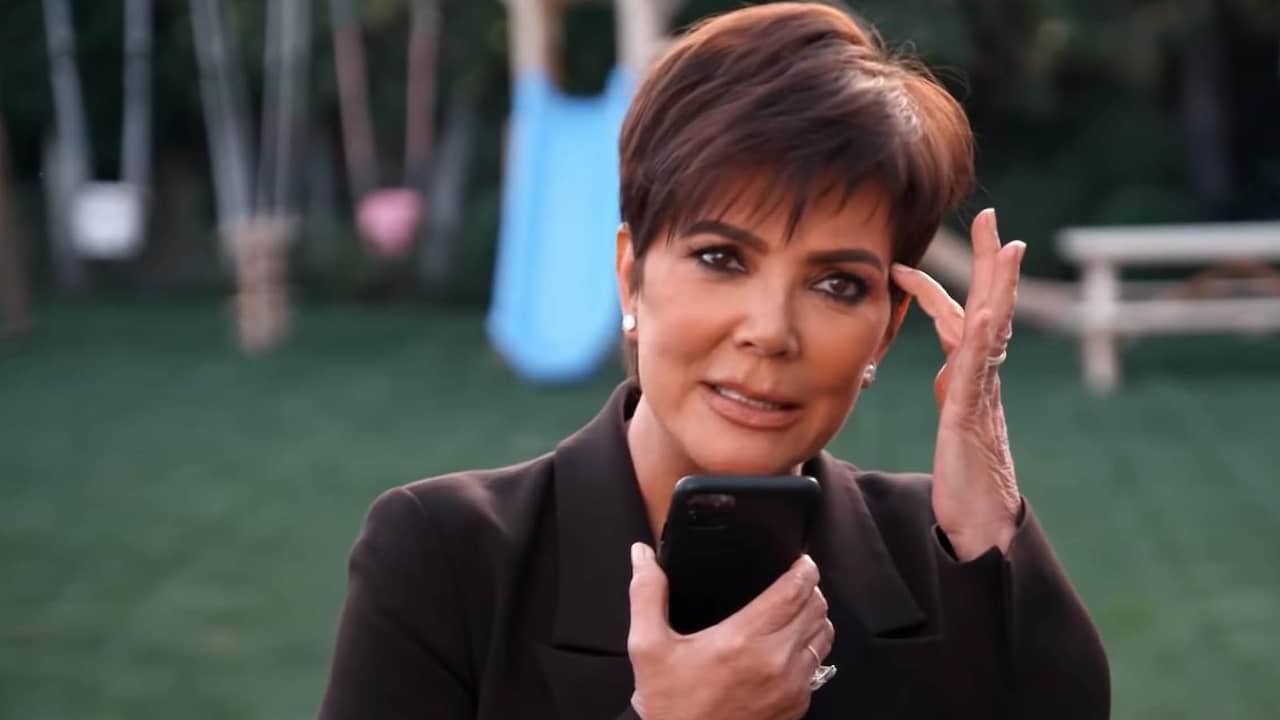In the new book by physician and writer William Cort Vriendt, Cancer free – about our fight against cancer and what you can do yourself -, there is a list of quotes from American presidents. They are all talking about the war on cancer and that they are going to win this war within their tenure. That is very disappointing, according to William. Until now, no president has won this so-called war. Not only that: more and more people are getting cancer. William: “If you were born after 1960, the chance that you will develop cancer during your lifetime is already more than fifty percent.”
We always think with advancing science that we know the solution to cancer, but to date we have struggled to translate it into adequate therapies, William said. “They are there, patented and made terribly expensive by the pharmaceutical industry, but the fact remains that people with cancer get better very slowly and that sensational results are only occasionally achieved in a patient. The therapies are certainly progressing step by step, but those recurring hopeful messages from the American presidents are not true. ”
For a long time, William was convinced that, apart from a number of specific causes, such as smoking, too much sunlight, radioactive radiation and a number of carcinogenic substances, getting cancer or not is primarily a sinister game of chance. Gradually he started to think differently about this, and that is also the reason for his new book. Is it a game of chance? In addition to surgical removal, radiation and chemotherapy, what impact does our lifestyle have on preventing and effectively combating cancer? The impact of stress, nutrition, sugar, alcohol, and exercise, for example, is great, he says.
What can we do ourselves?
Our understanding of the causes and risk factors for developing cancer has exploded in recent decades, but is still far from complete. In any case, it has become clear that most of the underlying causes of cancer development are in our immediate environment and are part of our modern lifestyle. The question that may therefore be asked is: what can we do ourselves?
Almost all cancer research that is done and where millions of euros are spent, are all focused on the genetic mutations of cancer cells. “We don’t look at what is going on before that mutation, such as too high blood and fructose levels and too high hormone levels, such as insulin and cortisol. All of this contributes to that gene mutation that causes cancer cells. Means are being made to control those genes and wrong proteins, but there is hardly any interest in the step for it, our lifestyle and what we can influence ourselves. The fact that intermittent fasting can also make a positive contribution to the fight against cancer, for example, is of course no enthusiasm among the food industries. That is not a revenue model. ”
“The root causes of cancer are not looked at”
William already demonstrated five years ago with diabetes 2 that our lifestyle has a major impact on the prevention and treatment of diseases. According to him, this disease can be treated with lifestyle instead of insulin. “Many patients feel much better with less drugs. In addition, a high dose of insulin stimulates the further growth of cancer cells. As a result, people with type 2 diabetes who inject insulin have an up to 90 percent higher risk of developing cancer. You could actually say that in some cases, such as in type 2 diabetes, insulin is a cancer-causing drug. We could prevent that to a great extent, but an insulin manufacturer employing 50,000 people is not interested in promoting lifestyle advice. You can’t expect that from them either. Our capitalist model has brought us many good things, but often it doesn’t work. For example, it does not look at the root causes of cancer, which largely lie with our lifestyle choices. This is not about blaming someone, but we know that cancer is on the rise very rapidly. This is not only because we are getting older, because more and more young people are also getting cancer. The fact that you are confronted with cancer from close by in a family of four people is 94 percent. That’s alarming data. You can no longer ignore it: cancer has overtaken cardiovascular disease. How many women do you know who have had breast cancer? (me: “a lot”). There are many and that is only one type of cancer. ”
The chance that I, born in 1972, will get cancer in my life is therefore 50 percent. The good news, however, says William, is that I can do something about this. And that what I can do to reduce the risk of this is the same lifestyle choices that help fight cancer. This includes regular exercise, healthy eating, avoiding sugar, no chronic stress, enough sleep, preferably eight hours a night, and little to no alcohol. “The effects are spectacular, if you move more, for example. With the most common cancer, the chance of death can decrease by as much as sixty percent if you exercise more. In my book I also say: if more exercise were a patented medicine, the media would be full of this spectacular medicine. But who is going to make money from that? So the responsibility lies with us. ”
“Our Western diet contains too many carbohydrates and sugar”
William knows all about that such lifestyle choices are drastic for people. Take sugar and alcohol. “It’s difficult for people. I also see people relapsing. I had a patient who was doing very well. He had lost 50 pounds and he enjoyed flying through life. Yet he did not last, because his wife did not want to participate. I don’t need that food, we don’t participate, she had said. If someone within a family starts to eat differently, such as low carbohydrates, no sugar, lots of fats and fresh products, the whole family must participate. Otherwise it will not work. Our Western diet contains too many carbohydrates and sugar. That is very unnatural. You will then see the obesity, cancer and diabetes graphs go up style. The first step you can take is to eat low-carbohydrates and eat a lot more vegetables, full-fat products and especially no processed food. This already prevents a lot of misery. ”
Cancer cells can no longer be made healthy. You either have to remove it, like with surgery, or kill it. Cancer cells need large amounts of glucose. It is their preferred food. If you have cancer and you reduce the glucose in your diet, you are going to starve the cancer cells. What you can do if you have cancer is follow a ketogenic diet combined with intermittent fasting. With this diet you eat little or no carbohydrates and no glucose. This is in sugar, pasta, bread, rice, potatoes and certain fruits. It is not an easy diet, but we know from research that it has an anti-cancer effect. Usually people do this under supervision. ”
“Breast cancer in particular is sensitive to alcohol”
In fact, we should no longer have added sugars in our diet, which is extremely carcinogenic. But what about alcohol? “If we drink more than one glass of alcohol a day, the cancer curve goes up very quickly. It turns out that alcohol has a much greater effect on women. Men have more water in their body, which makes the alcohol more dilute. Breast cancer in particular is sensitive to alcohol. If you have already drunk a relatively large amount of alcohol as an adolescent or young woman, you are more likely to develop breast cancer later on. ”
William receives several emails a day about his book. He is also sent people who have been treated by their doctor. “For example, I received an email from a woman with breast cancer. She had three months to live. We have started with my advice from my book. Luckily she is still alive. I don’t know whether this is because of my advice, but something is happening. This keeps my engine running. There is still a lot of work to be done, but we are putting a dent in a carton of butter. There is really something happening and changing. ”
–


